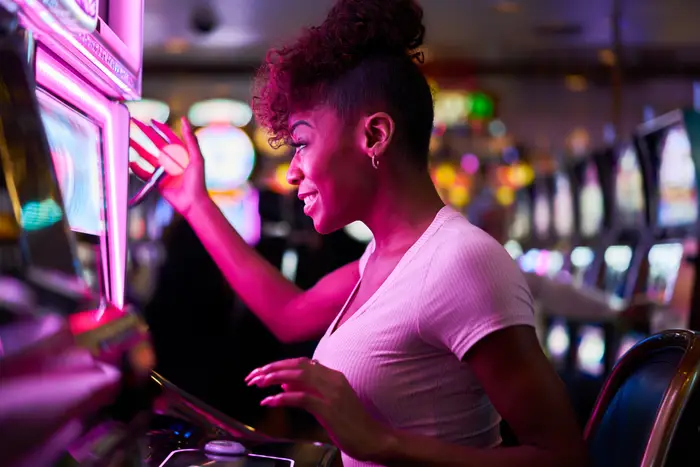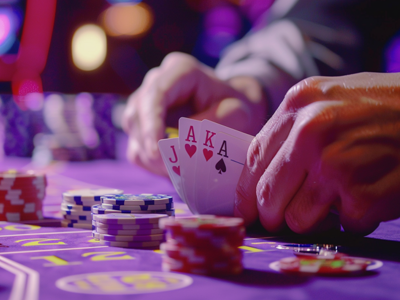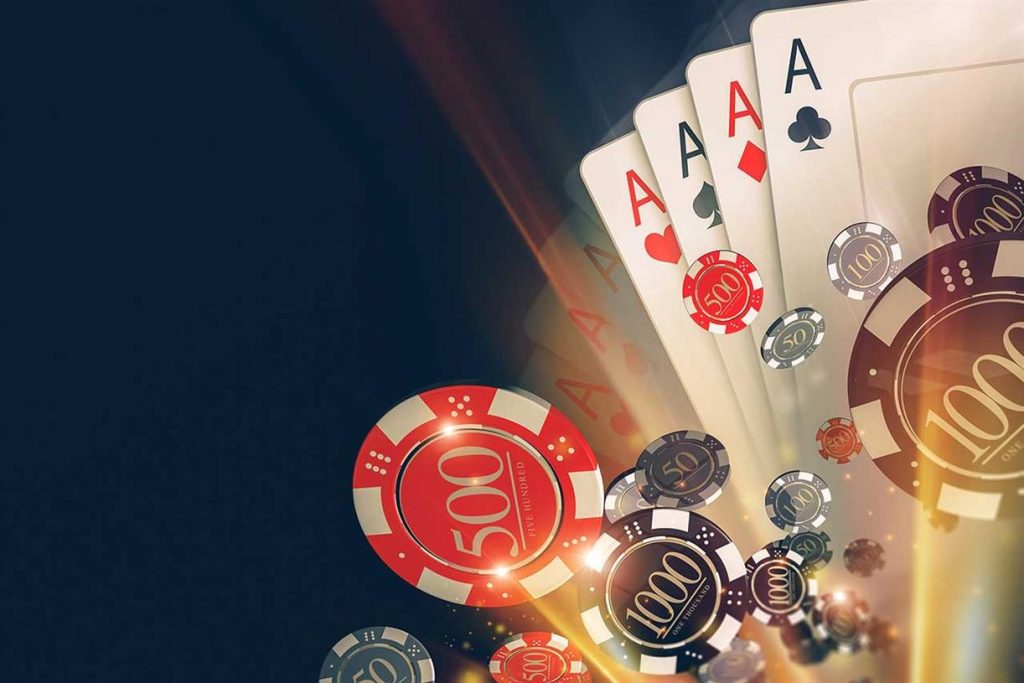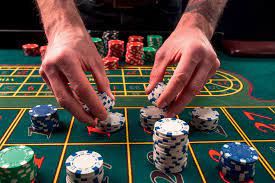Why do gamblers get high even when they lose? According to psychologist Mark Griffiths, the brain’s reward system is influenced by the amount of money a person wins, or loses. In most addictions, the reward system involves the feeling of pleasure, or getting “high” – the sense of escaping reality or discovering something else. Gamblers, on the other hand, are searching for a new experience – the pain of losing or proving themselves worthless. However, in most cases, they do not lose.
Researchers have found that the brain responds differently when a person wins a game of chance than when they lose it. The difference in the way a person feels when winning and losing is largely a function of their lifestyle, environment, and societal factors. An alcoholic, for example, may struggle to stay sober if he frequently visits his old drinking haunts. Furthermore, familiarity affects neurotransmitters, which affect perception and willpower. Thus, when a person becomes addicted to gambling, his brain is stimulated, resulting in a false sense of winning. It also leads to a “high” that is not associated with a jackpot.
To overcome the addictive effects of gambling, a person should strengthen his or her support network. Family members and friends can support a problem gambler and encourage them to quit. Peer support groups can also be helpful in this regard. The 12-step program of Gamblers Anonymous offers support and guidance to those who are struggling with gambling addiction. As a member of this group, a sponsor – a fellow gambler who has successfully overcome his or her addiction – will act as an individual’s personal advocate and guide.
Problem gamblers are not purely addicted to the game; they are driven by an inner conflict. They have a deep craving for the “high” that comes with winning, but they also have negative emotions triggered by the loss. The losses can range from money to self-rejection, deprival, and helplessness. Ultimately, problem gamblers end up as losers. That’s why it’s so important to find a cure.
Researchers believe that gambling affects the brain in a similar way to drug abuse. The brain’s reward pathways become hypersensitive when a person wins, but these changes are permanent if they are repeatedly exposed to gambling. This uncertainty in a gambler’s mind may enhance his or her desire to continue. Then, when the gambler loses, he or she may never be able to stop.
If you’re struggling with gambling and are ready to seek help, you can use BetterHelp, an online service that pairs you with a qualified therapist. BetterHelp is a reader-supported resource, and the links within may result in a commission for the BetterHelp website. It’s tough to admit your gambling problem, but there are many people who have gone through the same thing. There’s no reason not to get help if you want to live a happy, successful life.





